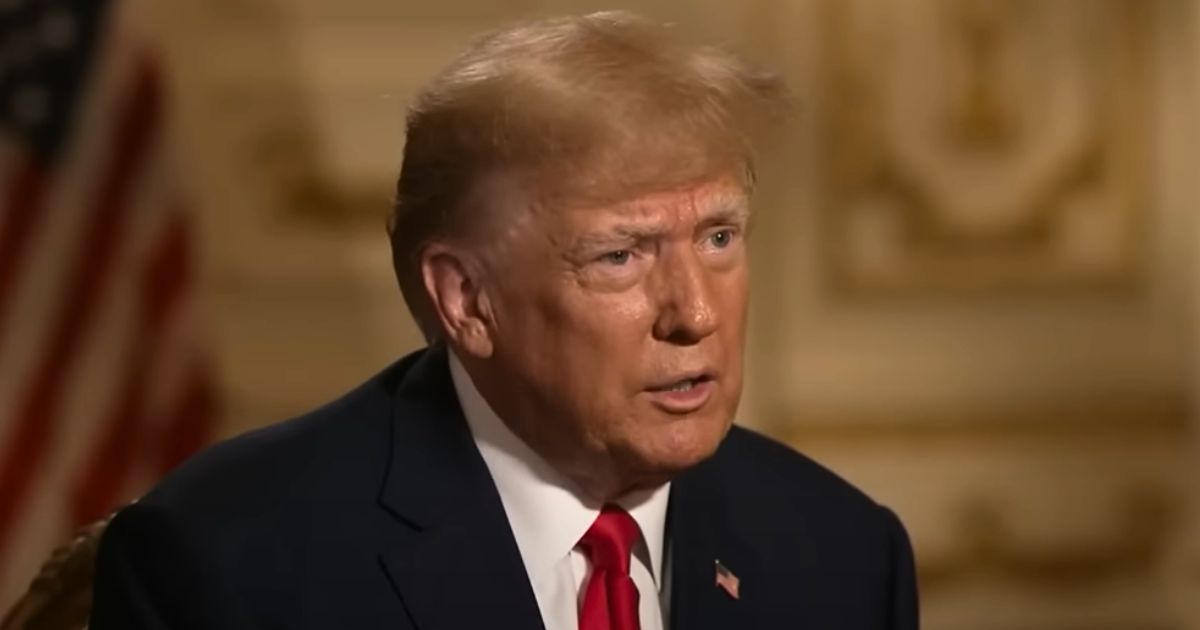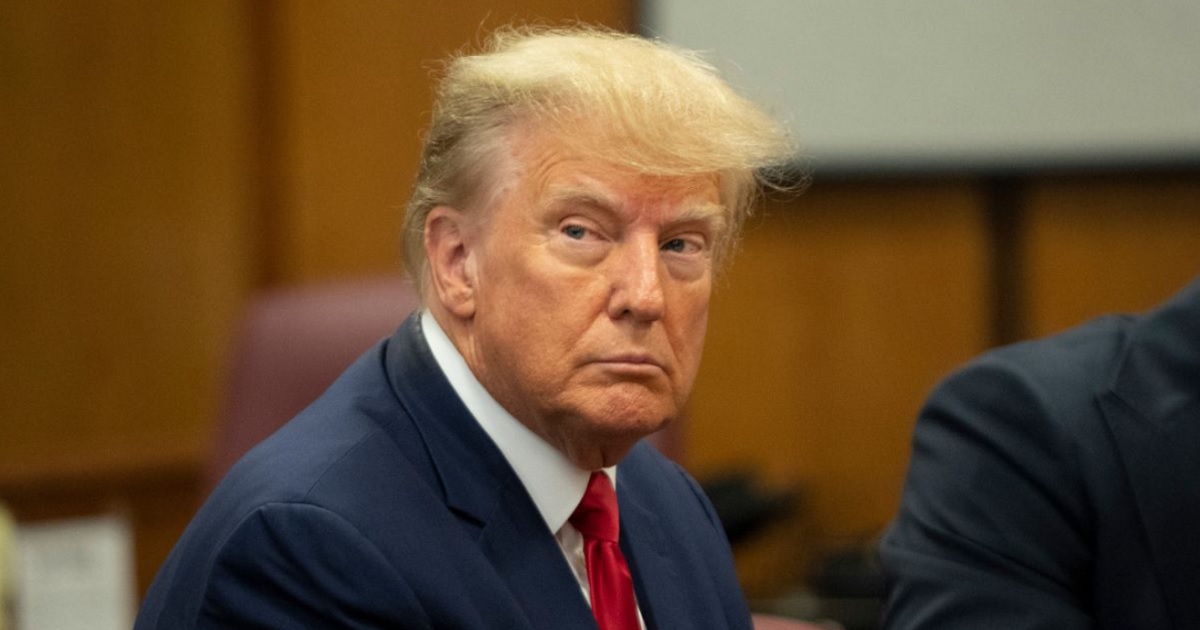A key figure in President Donald Trump's State Department leadership steps away from his position, marking another shift in the administration's diplomatic corps.
According to Reuters, Tibor Nagy, who served as the acting under secretary for management at the State Department, is departing his role after less than three months, according to an internal email obtained by the news organization.
Nagy's departure comes during a period of significant transformation within the State Department, as the Trump administration, alongside advisor Elon Musk, pushes forward with ambitious plans to restructure federal agencies.
The veteran diplomat's brief tenure coincided with major organizational changes, including substantial staffing reductions and the dissolution of the U.S. Agency for International Development.
Restructuring efforts impact diplomatic corps
The State Department's transformation aligns with Trump's campaign promises to eliminate what he refers to as the "deep state" by removing bureaucrats he considers disloyal.
José Cunningham, currently serving as the assistant secretary of administration, will take over Nagy's responsibilities following his departure.
A State Department spokesperson acknowledged Nagy's temporary role, noting that his return to retirement was anticipated. The transition occurs as the department undergoes extensive reforms aimed at streamlining operations and implementing Trump's "America First" agenda.
Nagy addressed his colleagues in an internal email, emphasizing the necessity of adapting to changing circumstances.
He wrote:
We have long needed to examine the fundamentals of how we conduct foreign policy. While these changes can be unsettling, please continue to be receptive and supportive of these efforts.
USAID closure sparks global concerns
The dismantling of USAID has created significant disruption in international aid distribution, leading to confusion and administrative challenges. Recent termination notices sent to foreign service officers worldwide contained numerous errors, highlighting the tumultuous nature of the agency's closure.
Critics argue that reducing America's diplomatic presence and eliminating USAID could create opportunities for rival nations like China and Russia to expand their global influence. The agency previously managed billions of dollars in international aid programs.
Trump and Musk maintain that the federal government has become too large and that American taxpayer-funded aid has been poorly managed. Their stance reflects a broader push to decrease government spending and restructure federal institutions.
Cost-cutting measures reshape diplomatic landscape
The administration's February executive order to overhaul the U.S. Foreign Service aims to ensure diplomatic personnel align with Trump's foreign policy vision. This directive represents a significant departure from traditional diplomatic structures and practices.
The changes have generated concern among foreign policy experts who worry about maintaining American diplomatic influence abroad. The restructuring efforts continue to face scrutiny from both domestic and international observers.
These developments occur against the backdrop of Trump's broader agenda to reduce federal spending and reorganize government agencies according to his administration's priorities.
Diplomatic transition signals deeper changes
Tibor Nagy's resignation as acting under secretary for management at the State Department reflects the ongoing transformation of American diplomatic institutions under the Trump administration.
His departure after less than three months coincides with major organizational changes, including staffing reductions and the closure of USAID.
As José Cunningham prepares to assume Nagy's responsibilities, the State Department continues its structural reforms aimed at implementing Trump's foreign policy agenda and reducing the size of the federal government. These changes signal a significant shift in how American diplomacy will operate in the coming years.





